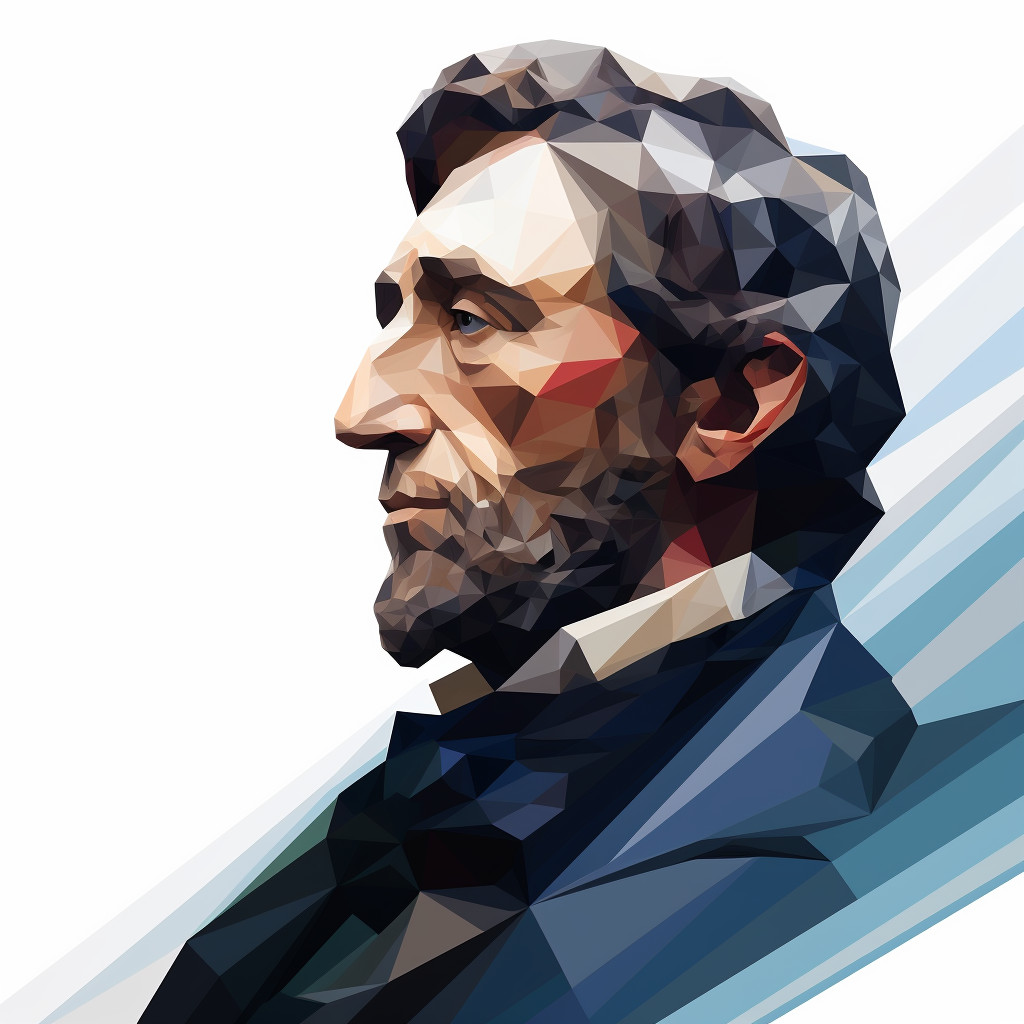'Woe' Quotes
Woe Quotes’ are powerful statements that capture the essence of sorrow, grief, and misfortune. They have been used throughout history to express the universal human experience of suffering and to offer solace and understanding to those who are going through difficult times. These quotes have b…Read More
Woe Quotes’ are powerful statements that capture the essence of sorrow, grief, and misfortune. They have been used throughout history to express the universal human experience of suffering and to offer solace and understanding to those who are going through difficult times. These quotes have been written by poets, philosophers, and other influential figures, and have been passed down through generations, inspiring and influencing individuals and society as a whole. From ancient Greek tragedies to modern literature, ‘Woe Quotes’ have played a significant role in shaping our understanding of the human condition and reminding us that we are not alone in our struggles. They continue to hold relevance and power, providing comfort and motivation to those who are facing adversity.Read Less
Woe Quotes’ are powerful statements that capture the essence of sorrow, grief, and misfortune. They have been used throughout history to express the universal human experience of suffering and to offer solace and understanding to those who are going through difficult times. These quotes have been written by poets, philosophers, and other influential figures, and have been passed down through generations, inspiring and influencing individuals and society as a whole. From ancient Greek tragedies to modern literature, ‘Woe Quotes’ have played a significant role in shaping our understanding of the human condition and reminding us that we are not alone in our struggles. They continue to hold relevance and power, providing comfort and motivation to those who are facing adversity.
65 Acclaimed 'Woe' Quotations and Sayings
Woe – Symbolic Value
The concept of ‘woe’ has been a recurring theme in literature, art, and media for centuries. It is often used to describe a feeling of deep sorrow, grief, or distress. However, beyond its literal meaning, ‘woe’ holds a significant symbolic value that reflects the human experience and the complexities of life.In its most basic form, ‘woe’ represents the universal human emotion of sadness. It is a feeling that everyone can relate to, regardless of their background, culture, or beliefs. This makes it a powerful symbol that can evoke a sense of empathy and understanding among people.Moreover, ‘woe’ is often associated with a sense of loss or tragedy. It can represent the pain of losing a loved one, the disappointment of unfulfilled dreams, or the despair of a difficult situation. As such, it serves as a reminder of the fragility of life and the inevitability of suffering.
Woe – Cultural and Historical Significance
The concept of ‘woe’ has been deeply ingrained in various cultures and societies throughout history. In ancient Greek mythology, the goddess of woe, Algea, was believed to bring sorrow and distress to mortals. In Christianity, the Bible mentions ‘woe’ as a warning of impending doom or punishment.In many Eastern cultures, ‘woe’ is seen as a necessary part of life and a path to enlightenment. The Buddhist concept of ‘dukkha’ refers to the suffering and dissatisfaction that is inherent in human existence. Similarly, in Hinduism, the concept of ‘karma’ suggests that one’s actions in this life will determine their fate in the next, leading to either joy or woe.
Woe – Common Themes in Motivational Contexts
Despite its negative connotations, ‘woe’ has also been used as a source of motivation and inspiration. Many famous quotes and sayings use ‘woe’ to encourage people to overcome their struggles and emerge stronger. For instance, the famous quote by Helen Keller, “Although the world is full of suffering, it is also full of the overcoming of it,” highlights the idea that woe can be a catalyst for growth and resilience.Similarly, ‘woe’ is often used in motivational speeches and self-help books to remind individuals that their struggles are temporary and can lead to personal growth and development. It serves as a reminder that even in the darkest of times, there is always hope for a better tomorrow.
Woe – Portrayal in Art and Media
The concept of ‘woe’ has been a popular theme in art and media, with many artists and writers using it to convey powerful messages. In literature, ‘woe’ is often used as a central theme in tragedies, such as Shakespeare’s Romeo and Juliet or Sophocles’ Oedipus Rex. These works explore the depths of human suffering and the consequences of tragic events.In visual art, ‘woe’ is often depicted through somber and melancholic imagery, such as dark colors, tears, and mournful expressions. This portrayal serves to evoke a sense of empathy and understanding in the viewer, allowing them to connect with the emotions being conveyed.
Woe – Impact on Understanding of Life and Society
The concept of ‘woe’ has a profound impact on our understanding of life and society. It reminds us that suffering is an inevitable part of the human experience and that we are all connected through our shared struggles. It also highlights the importance of empathy and compassion towards others, as we never know what ‘woe’ they may be facing.Moreover, ‘woe’ serves as a reminder to appreciate the good times and to find strength and resilience in the face of adversity. It encourages us to reflect on our own struggles and to find meaning and purpose in them.In conclusion, the concept of ‘woe’ holds a significant symbolic value that reflects the human experience and the complexities of life. It has been deeply ingrained in various cultures and societies throughout history and has been used as a source of motivation and inspiration. Its portrayal in art and media serves to evoke empathy and understanding, while its impact on our understanding of life and society reminds us of the importance of resilience and compassion.















